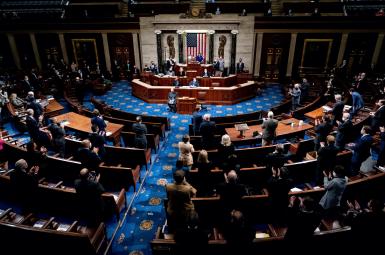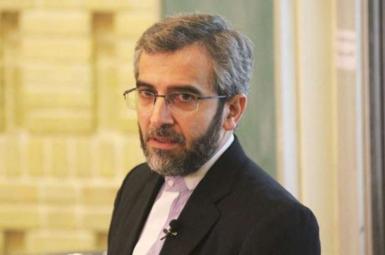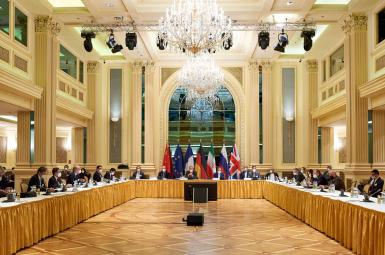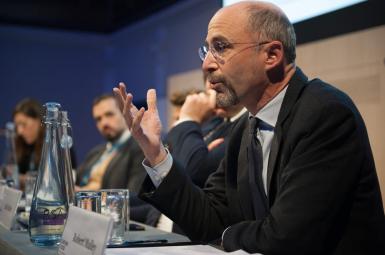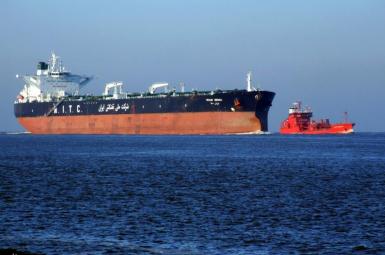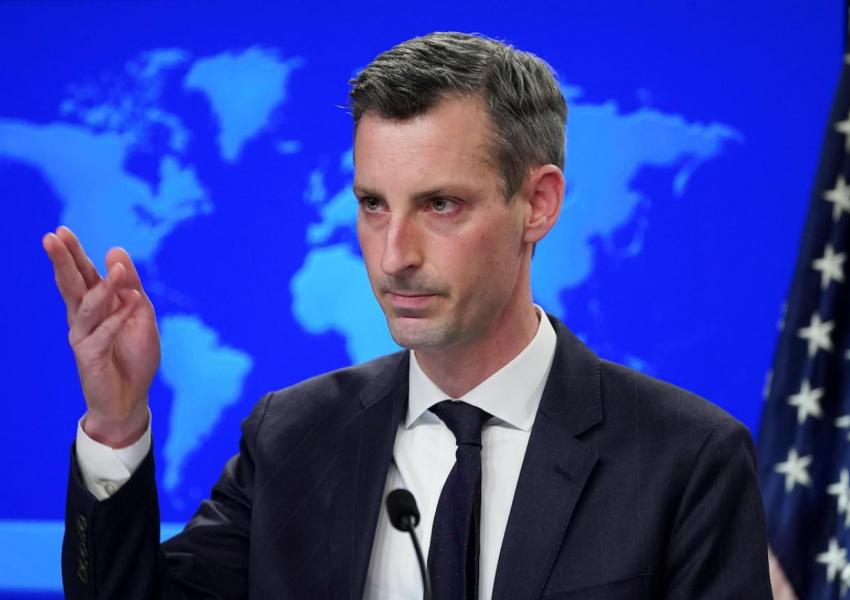
US Says Iran's Nuclear Advances Can Impact JCPOA Talks
The United States reiterated Monday that it will continue talks with Iran and other world powers until an agreement is reached “verifiably and permanently ensuring that Iran can never acquire nuclear weapons.”
State Department spokesman Ned Price told reporters during his daily briefing that the US is ready to return to multilateral talks in Vienna “as soon as they are scheduled”. The talks that started in early April have been held in six rounds, but it is not clear when the next gathering will take place.
However, Price saying that the US still has faith in diplomacy, indicated that with Iran continuing to up the ante and expanding its nuclear activities, it will have “a bearing on our view of ultimately returning to the JCPOA.”
In a report Iran’s Foreign Minister Mohammad Javad Zarif issued Monday he claimed that Washington has agreed to remove all important sanctions imposed by former President Donald Trump when he withdrew from the 2015 nuclear agreement three years ago.
Price did not deny or confirm Zarif’s assessment, saying “I cannot speak to what he’s basing his assessment on.” Iranian and Russian officials have been insisting that 90 percent of issues have been resolved in the Vienna talks and a final agreement is near.
Price hinted that the ball is in Iran’s court to start the seventh round of talks. He said the US negotiating team is prepared to return to Vienna but “questions about when or whether Iran would be prepared to start a seventh round or reach an understanding on a mutual return to the JCPOA, those can only be addressed by Tehran.”
Although both sides give out little information about the details of the talks, reports indicate that one important aspect of talks is which sanctions Washington is willing to lift. There is little doubt that major economic sanctions, such as a ban on Iran’s oil exports and banking ties with the world will be lifted if agreement is reached. But there are many sanctions on key Islamic Republic officials, such as Supreme Leader Ali Khamenei and his entourage.
There are also direct and indirect sanctions on Iran’s Revolutionary Guard for its destabilizing activities in the region and direct support to militant groups. The fate of these sanctions remains unclear, but it would be politically hard for the Biden Administration to lift sanction imposed on individuals and entities involved in what can be described as terrorist activities.
Iran is in a dire economic situation which only the lifting of US sanctions can alleviate. The population is restive, with shortages of electricity, water, jobs and with soaring prices that have impoverished more than half the people. The Covid-19 pandemic is also wreaking havoc, with no serious vaccination program in place.
No one is sure what Khamenei’s plans are and how long he thinks the system can take the pressure, but a hardliner president, handpicked by Khamenei, will take office in early August. If after that Tehran refuses to make a deal, the outlook for a negotiated solution to its nuclear issue will become less probable.
